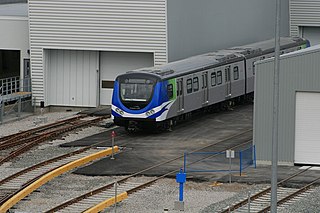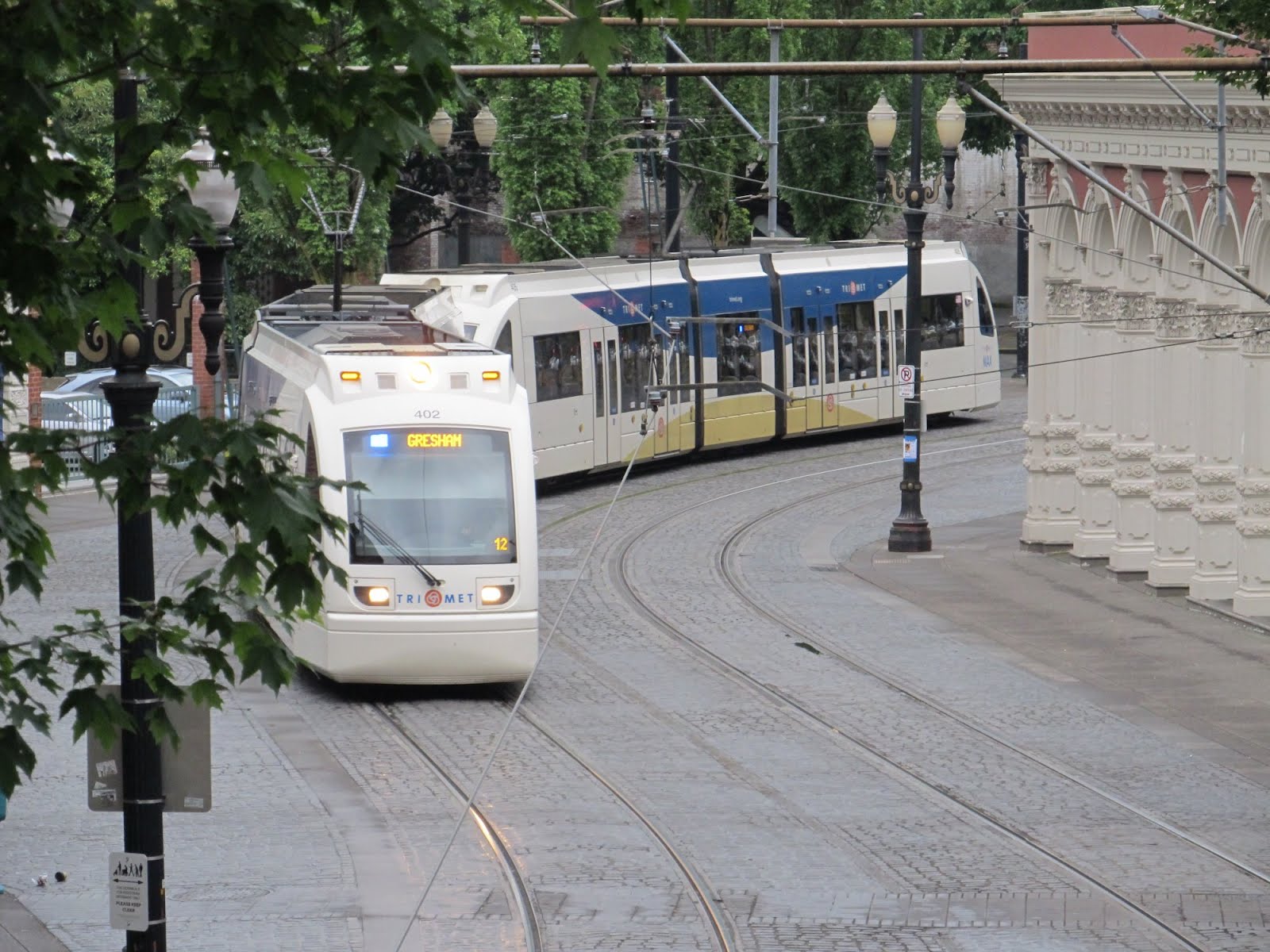TheTigerMaster
Superstar
Given the same plant has produced at least 16 subway cars already this year, and I think even more GO cab cars, in the same period of time they've only produced 3 streetcars, my gut feel is that it's not a Thunder Bay issue.
Does the Mexico plant produce anything else for BBD, or is it just the LFLRV?






